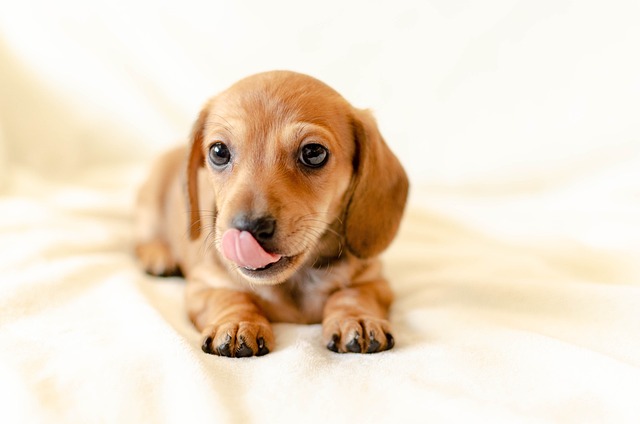
What food can be fed to a two month old Schnauzer
When you bring home a fluffy little ball - a two-month-old Schnauzer, its big wet eyes look at you as if silently asking, "Master, what should I eat?" At this moment,
In the late night, under the table lamp, you watch as your beloved dog anxiously rubs its belly on the floor. The scratching sound comes one after another, and the originally fluffy and smooth fur scatters around, forming glaring clumps. On its reddish skin, the scratch marks are shocking, and its eyes are full of pain and helplessness. The dog's itching and hair loss problems are like a thorn in the owner's heart, causing anxiety and confusion. Behind these seemingly ordinary symptoms, there are complex and diverse reasons, each of which is closely related to the dog's health and living environment.
From a physiological perspective, as the largest organ of the dog's body, the skin is in direct contact with the external environment and is extremely vulnerable to various factors. Under normal circumstances, the dog's skin undergoes continuous metabolism, with old epidermal cells shedding and new cells growing. However, when this balance is disrupted, it may trigger itching and hair loss. For example, an imbalance in the skin's pH value may lead to the massive reproduction of bacteria and fungi, thus irritating the skin and causing itching. The growth of hair also depends on healthy hair follicles. If the hair follicles are damaged, it will affect the normal growth of hair and lead to hair loss.
Parasite infections are a common cause of a dog's itching and hair loss. External parasites such as fleas, lice, and ticks will firmly attach to the dog's skin, bite and suck blood, and the saliva they release can cause an allergic reaction on the dog's skin, resulting in intense itching. The dog will keep scratching and biting the bitten areas. Over time, it will not only cause skin damage but also lead to hair loss. Imagine a once lively and cute puppy becoming restless due to fleas on its body, constantly scratching itself with its paws until the skin bleeds. The pain makes every owner's heart ache. In addition, mite infections such as sarcoptic mites and demodex mites can also cause serious skin diseases. When infected with sarcoptic mites, the dog's ears, elbows, abdomen and other parts will show symptoms such as hair loss, scabbing, and thickened skin, and the itching is intense. Demodex mite infections can lead to local or systemic hair loss, and the skin will develop red spots and pustules.
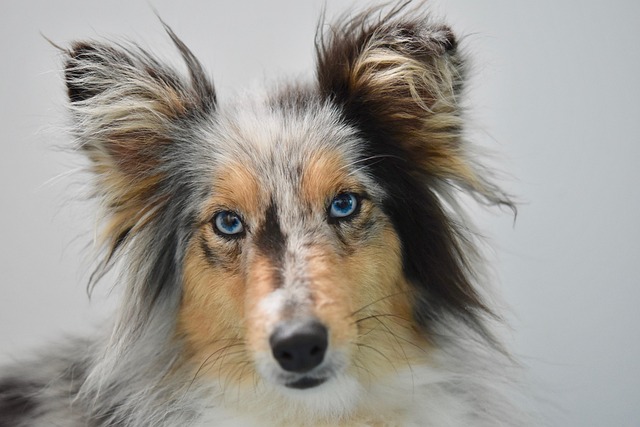
Skin diseases are also factors that cannot be ignored. Fungal infections are one of the common skin diseases in dogs, and ringworm infection, commonly known as "dog ringworm", is the most typical. In dogs infected with ringworm, circular or oval hair loss patches will appear on the skin. The hair loss area is red, itchy, and may be accompanied by dandruff. Bacterial infections can also cause skin itching and hair loss in dogs. For example, staphylococcal infections can cause symptoms such as skin redness, pustules, and hair loss. In addition, allergic dermatitis is an important cause of itching and hair loss in dogs. Dogs may be allergic to pollen, dust mites, certain foods, drugs, or even the dog bed made of chemical fiber materials. Once they come into contact with the allergen, the dog's skin will show symptoms such as itching, redness, and hair loss. Some dogs are allergic to beef. After eating food containing beef ingredients, they will itch all over and keep scratching, and their hair will fall out.
In addition to external factors, the dog's own nutritional status is also closely related to itching and hair loss. The healthy growth of hair requires sufficient protein, vitamins, and minerals. If a dog eats an unbalanced diet for a long time and lacks key nutrients such as Omega-3 fatty acids, vitamin A, B vitamins, zinc, and iron, it will affect the normal growth of hair and the health of the skin. A lack of Omega-3 fatty acids will make the dog's hair dry, dull, and prone to falling out. A lack of vitamin A will lead to excessive keratinization of the skin and cause itching. Some owners, due to a lack of understanding of the dog's nutritional needs, only feed their dogs a single type of food for a long time, resulting in serious hair loss and skin problems in the dog. Watching the once healthy dog become weak, the owner feels remorseful.
Environmental factors also play an important role in the dog's itching and hair loss problems. An overly humid environment is conducive to the growth of fungi and mites, increasing the risk of skin diseases in dogs. An overly dry environment will make the dog's skin dry and flaky, causing itching. In addition, bathing the dog too frequently or using inappropriate bathing products will damage the oil protective layer on the dog's skin, leading to dryness, itching, and hair loss. Some owners, out of a desire for cleanliness, bathe their dogs almost every day, but the result is the opposite, causing harm to the dog's skin and hair.
When you find that your dog has symptoms of itching and hair loss, as the owner, you must not take it lightly. This is not just a problem affecting its appearance but also a distress signal from the dog's health. Every scratch and every fallen hair tell of its discomfort and pain. As the owner, you should take the dog to a pet hospital for a detailed examination in a timely manner. Through professional diagnosis, find out the reasons behind it, and then, under the guidance of a veterinarian, take scientific and effective treatment measures. During the treatment process, give the dog more love and patience, and relieve its discomfort with gentle strokes and soft comfort. Because in the dog's world, the owner is its most solid support. As long as we are by its side, it can bravely face any painful disease.

When you bring home a fluffy little ball - a two-month-old Schnauzer, its big wet eyes look at you as if silently asking, "Master, what should I eat?" At this moment,

When you see your usually lively dog suddenly limp while running, being cautious when going up and down the stairs, and even having difficulty getting up,
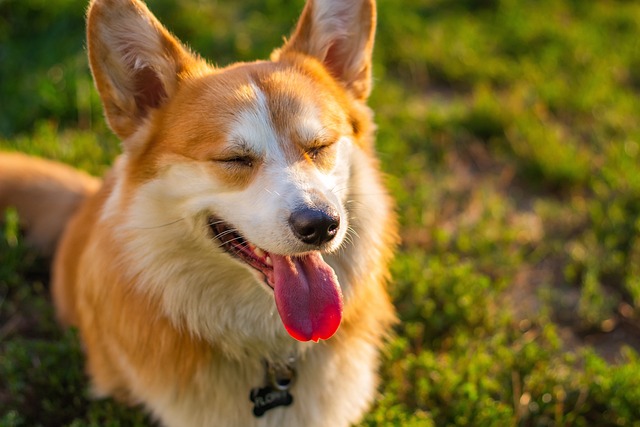
When a doggy door is installed at home to facilitate the dog's free entry and exit,and the owner is looking forward to the dog being able to move freely like other dogs,

As the most loyal companions of humans, dogs accompany us through countless warm times. Understanding the colors that are difficult to distinguish in their vision is not only an exploration of scientific knowledge,
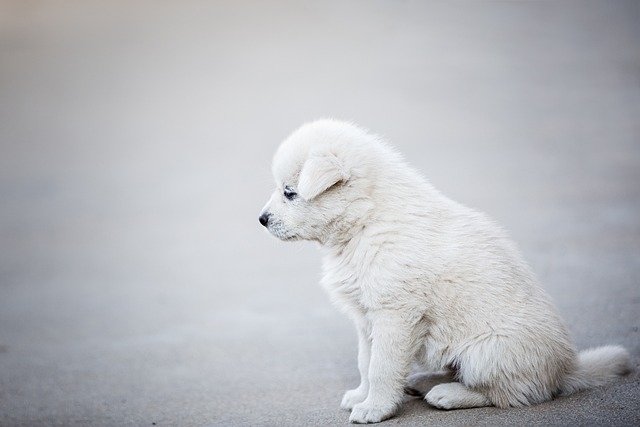
In the morning sunlight, other people's dogs have smooth and shiny fur, shining like silk. However, your own precious dog's fur is dull, dry, and rough,
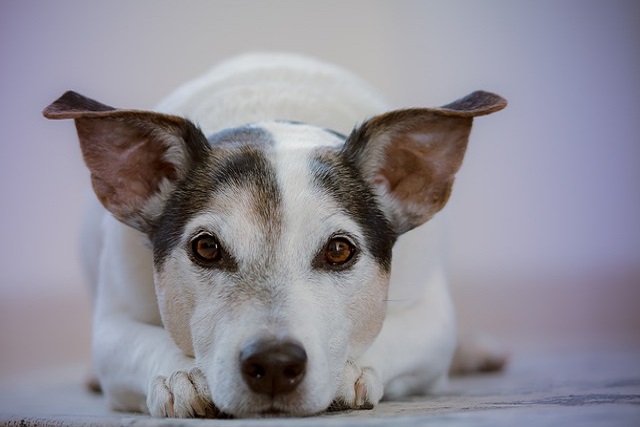
In the late night, in the silent room, you, who were originally sleeping quietly, are suddenly awakened by a "rustling" scratching sound.